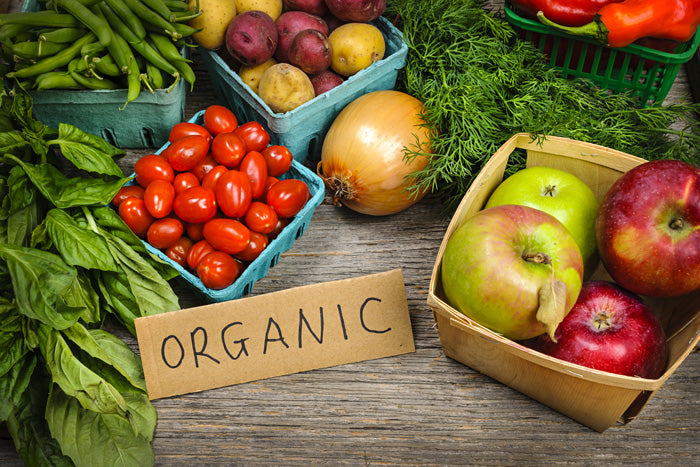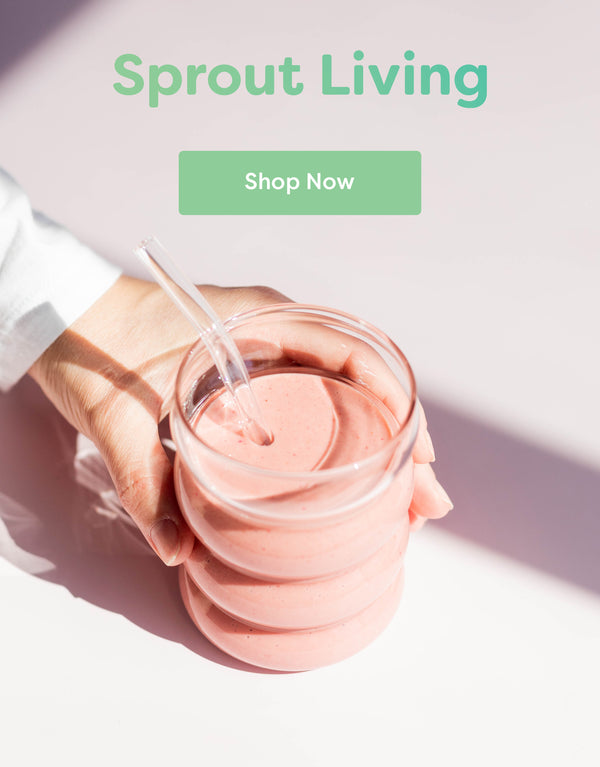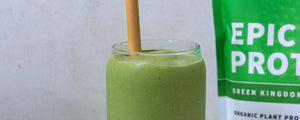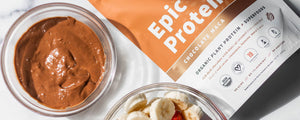
The Benefits of Eating Organic
There are a lot of wonderful benefits of consuming an all-organic diet – less ingestion of dangerous chemicals, fresher and more natural food and better labor practices and safety for the farm workers who cultivate the crops, to name a few. But there is another important reason why the organic life is best. And that’s the health and future of our planet.
Did you know that eating organic is a huge step towards reducing environmental pollution and the devastation of animal life? Pesticides – the chemicals that are used to maintain non-organic crops – are absolutely toxic to all living beings (humans, animals and plants). Pesticides are used to kill insects, weeds, fungus, rodents and more. They are ever prevalent in our society – from the bug spray we use to ward off household pests to the industrial spraying of thousands of acres of crops – pesticides are everywhere we look (and breathe, eat, or drink).
In agriculture, these chemicals may keep your apple looking picture-perfect because a worm won’t go near it, but they are simultaneously causing major harm to beneficial insect species and microorganisms that live in the soil. Without these natural pest predators, invasive species and pests can overtake entire crops. The use of pesticides also weakens the immune and root systems of plants, pollutes the air that we breathe, and builds up in our water systems, essentially poisoning the very earth that we live on. On top of everything, these chemicals strip the earth of crucial nutrients like phosphorous and nitrogen, making it more difficult for crops to grow.
More troubling, pesticides don’t affect only the areas and crops that they are sprayed directly upon. There are numerous ways for pesticides applied to a particular crop to shift and move to other areas, affecting additional crops and communities. These chemicals often bind to the soil to be easily transported (adsorption), are converted into gas and travel great distances through the air (volatilization), move away from the crop site in airborne droplets (spray drift), run down slopes when mixed with water (runoff) and travel through the soil in water (leaching). In one or more of these ways, for example, the pesticides that are sprayed on a peach farm in Georgia find their way into the drinking water of a town that lies a whole county away.
The same goes for pesticide-laden household and industrial products that are used to rid homes and businesses of pests. Rodent sprays and insecticides applied to homes and warehouses have seriously negative consequences for the environment, the residents of the homes and the company workers.
If the harm caused to Mother Nature isn’t enough to convince you to eat and buy organic, consider the grave hazards to human health that pesticides present, which range from chronic headaches and nausea to much worse conditions. The ingestion of pesticides is particularly harmful to children who may be more susceptible to longer term problems at young ages. These are serious personal and societal consequences of irresponsible purchasing, growing and manufacturing.
The next time you are picking out produce or household products at the supermarket, consider both the future of our planet and your own health – and buy only certified organic goods.
Photo Credit: Quiet Kinetic
Sources:
- Toxics Action Center, “The Problem with Pesticides,” http://www.toxicsaction.org/problems-and-solutions/pesticides
- British Columbia Ministry of Agriculture, “Environmental Fate,” http://www.agf.gov.bc.ca/pesticides/c_2.htm






